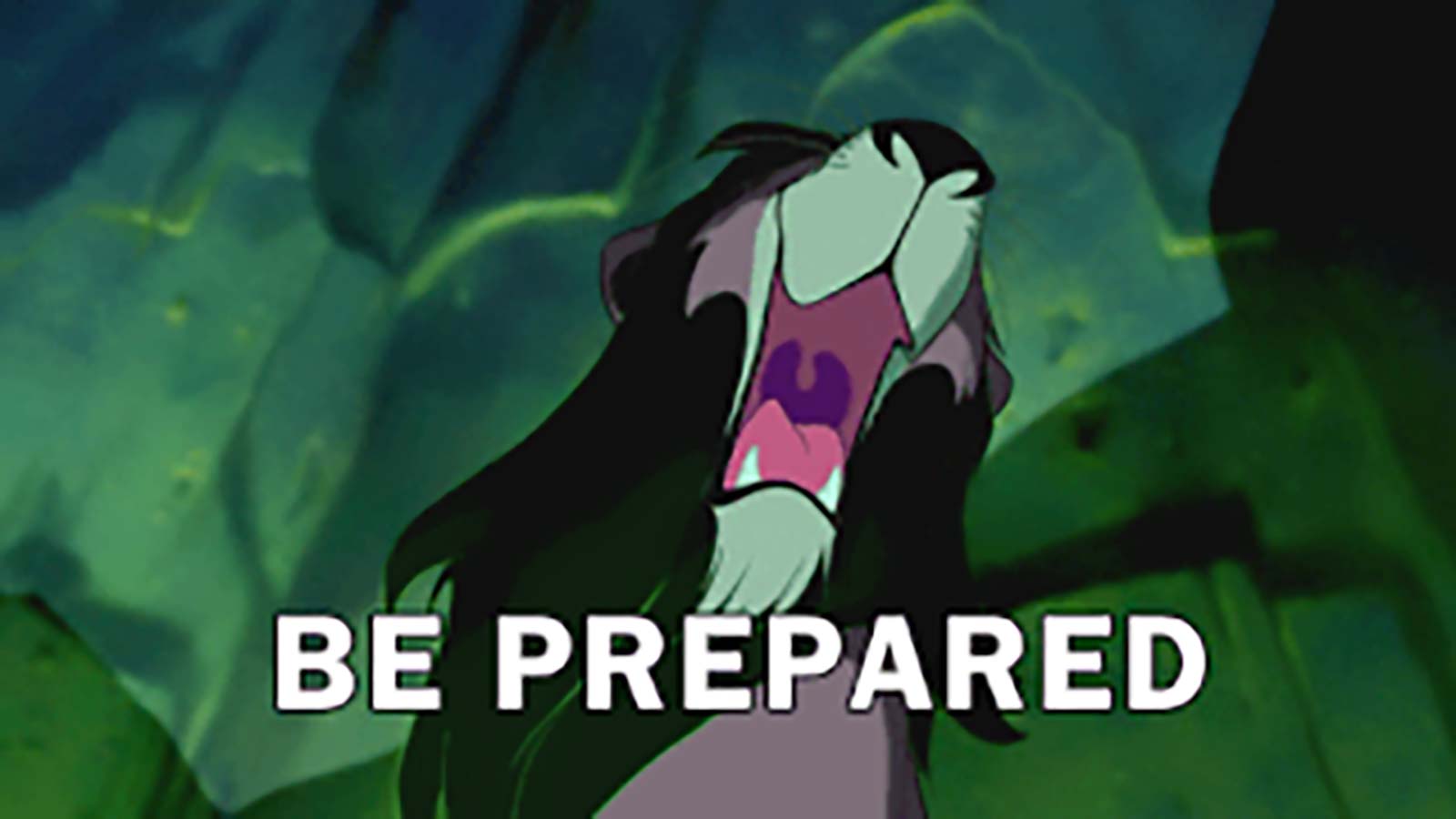With classes just two weeks away, I wanted to share two resources that have received positive responses from instructors I’ve interacted with here at PCA&D and in my previous roles. Both share a common idea: how do we approach course/class planning in ways that acknowledge the many other responsibilities (personal and professional) that we juggle on a weekly and daily basis? Links are provided, but I’ve also provided a TL:DR (Too Long: Didn’t Read) summary.
The week 12 week plan for a 15 week course by Robert Talbert
TL:DR Version: With a critical eye, evaluate your usual content/flow and find places to cut until you can fit things into a 12-week timeline. The first week can serve as an onboarding week, allowing time to get to know your students: their interests and the knowledge they’re bringing into your course (maybe using a pre-course assessment), their goals for the course (and yours). This 12-week timeline leaves time at the end to catch-up, to consolidate the semester’s lessons, and to make sense of what can often feel like a marathon and sprint in one.
How to prepare for class without overpreparing by James M. Lang
Lang recommends a basic structure that you serve as a go-to, one that actively engages students at the beginning (recalling what they learned last time, sharing what they do know about today’s topic/activity) and the end (connecting what they’ve learned to their ideas or practice) of class. As with the 12-week course plan above, beginnings and endings provide ripe opportunities for students to recall and connect what they’ve learned. Giving them structures to support/reinforce their learning (be it through quizzing or reflecting on what they’ve learned) can create a reliable rhythm for students (and a little less prepwork for you).



